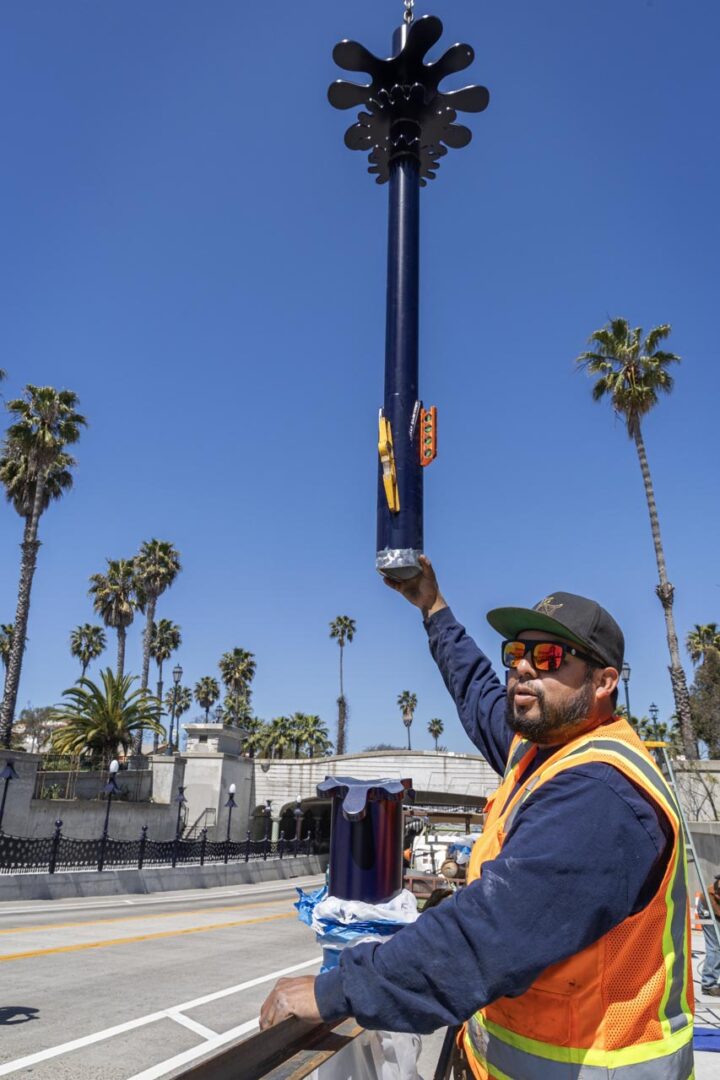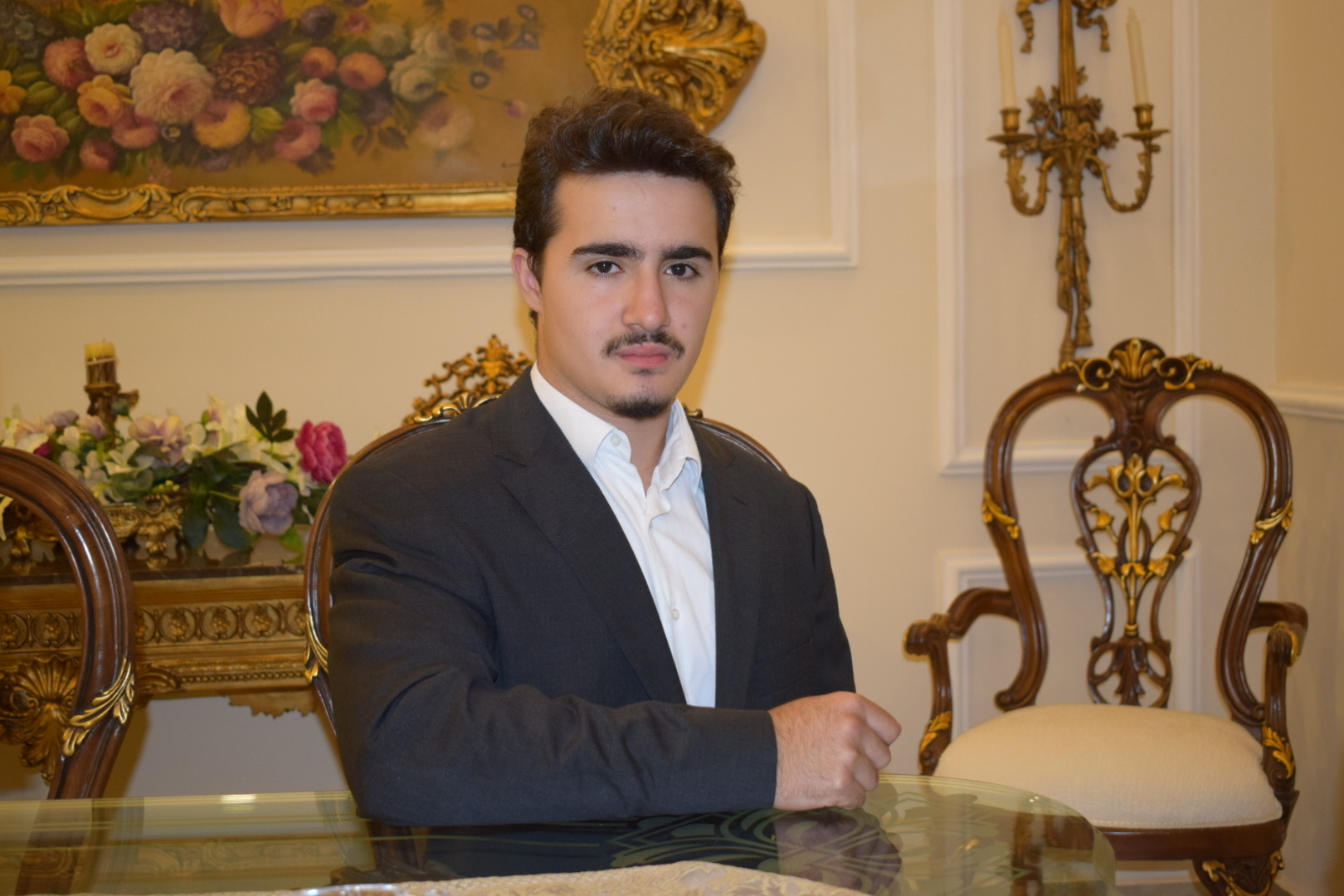Alright – so today we’ve got the honor of introducing you to Isaac Anguiano. We think you’ll enjoy our conversation, we’ve shared it below.
Isaac , looking forward to learning from your journey. You’ve got an amazing story and before we dive into that, let’s start with an important building block. Where do you get your work ethic from?
Strong work ethic runs deep in my family. My grandfather came to Santa Barbara for avocado farming then worked at the mission in the press industry, this instilled a drive to work hard in my father and uncles and was passed down to me. Most of my uncles work in the trades, my father owns and operates a roofing business, and my uncle owns a sheet metal shop that I worked in for several years after my training in welding at Ventura College. Through many years in the fabrication industry, I’ve learned the importance of maintaining momentum—avoiding the buildup of unfinished projects—and I find continual motivation in the fulfillment that comes from completing each piece. Now that I truly love what I do for work, my work ethic is at its strongest.
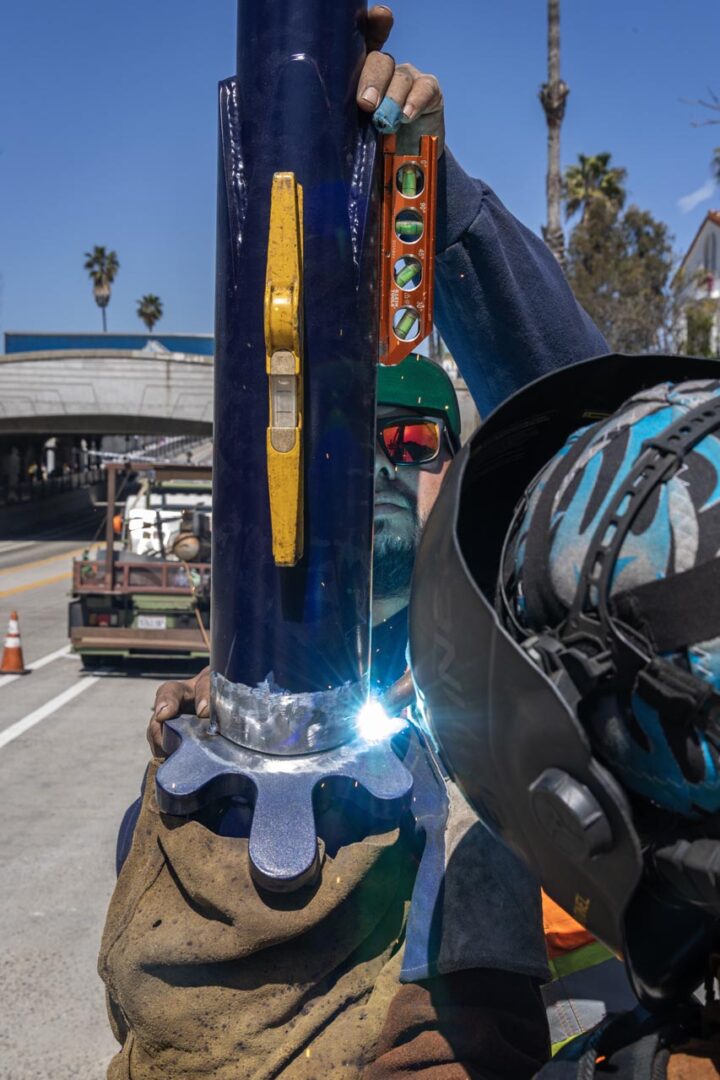
Let’s take a small detour – maybe you can share a bit about yourself before we dive back into some of the other questions we had for you?
I have been welding for 17 years. I worked at my uncle’s sheet metal shop and was fascinated watching the welders install balconies. I was introduced to David Shelton at my uncle’s shop and started working with him full time in 2015. I started fabricating architectural designs for architect Jeff Shelton as well as other structural and ornamental fabrications. I decided to pursue my own welding career after that and obtained my welding certifications at Ventura College. When David retired at the beginning of the COVID-19 pandemic, I took over the shop.
I provide a range of welding and metal fabrication services, working with steel, stainless steel, aluminum, brass, bronze and copper. I provide a lot of structural and repair welding services but have found my niche and passion in ornamental ironworking. I have the most fun exercising my artistry and creativity by making unique and artistic fabrications that lend themselves to sculpture.
We work closely with clients to understand their visions’ and make them come to life. If they want whimsical and dreamy, we can do that, or if they want clean and rigid, we can do that too. Few people understand how metal can be sculpted so we help them to understand the possibilities of their visions, and the limitations of the metal. Then we design and fabricate from start to finish.
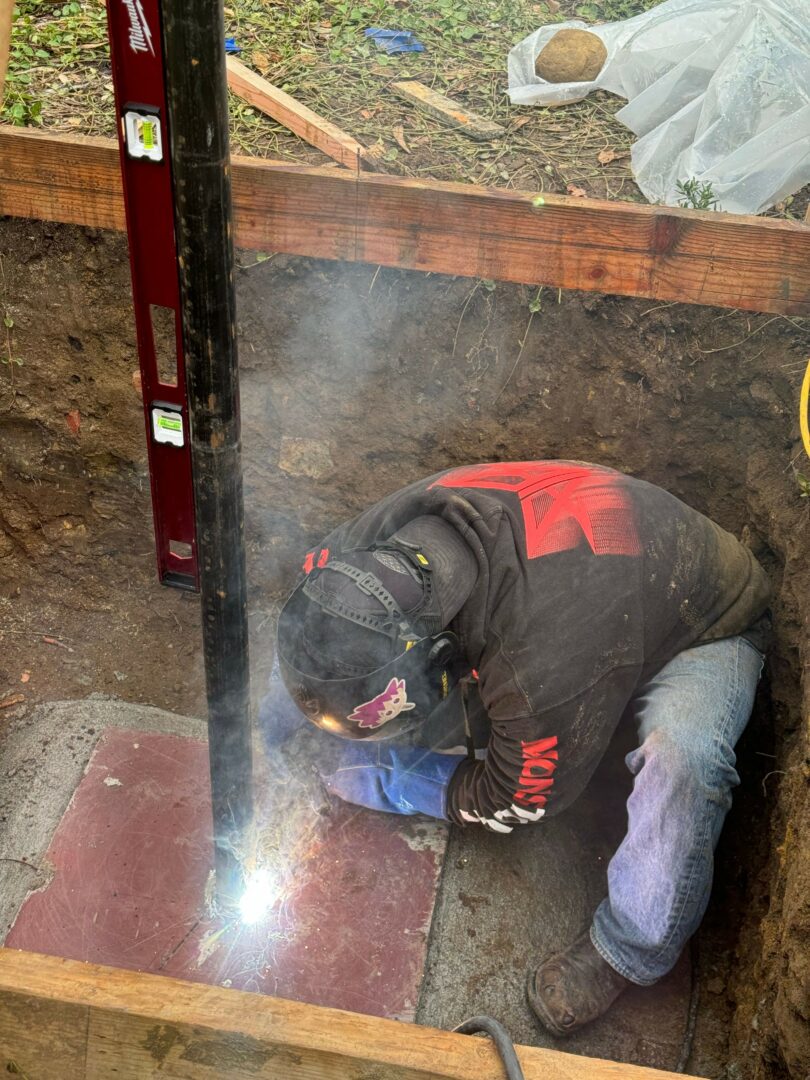
Looking back, what do you think were the three qualities, skills, or areas of knowledge that were most impactful in your journey? What advice do you have for folks who are early in their journey in terms of how they can best develop or improve on these?
Collaborating with David Shelton on architect Jeff Shelton’s buildings has been an inspiring experience, teaching me to challenge conventional ideas of how structures should look. You won’t see many straight lines in the work that we fabricate, and I find that working with more of an imagination can actually simplify certain processes and produce more unique and clean work that often requires little to no maintenance and lasts longer than other builds.
Working in my uncle’s sheet metal shop helped me to develop basic skills with metal and fabrication, I’d recommend anyone that’s interested in the trades to find an entry level job to learn their way around a shop and how to use tools. After that, finding an apprentice position where you’re able to refine your skill set and get more experience is a priceless experience.
Keep drawing. As both an artist and a fabricator, I don’t always have the time to create art, but maintaining a sketchbook keeps my imagination engaged and ideas evolving.
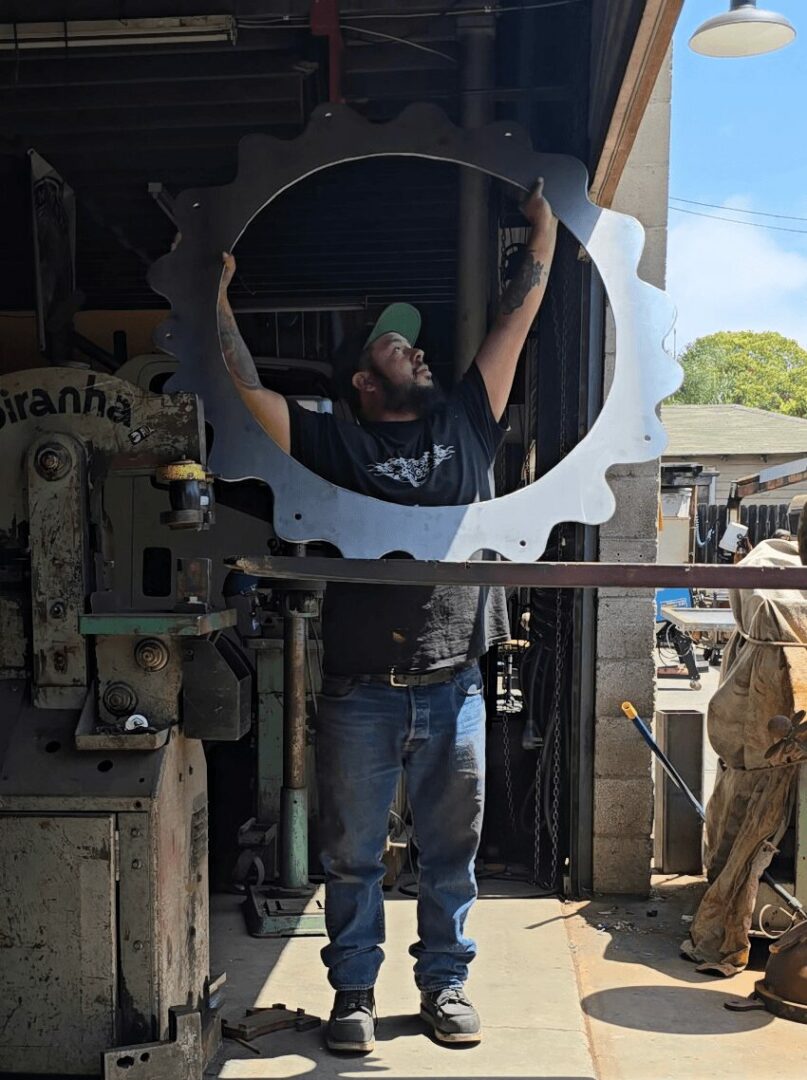
All the wisdom you’ve shared today is sincerely appreciated. Before we go, can you tell us about the main challenge you are currently facing?
Finishing projects efficiently and staying on top of client communications is challenging. In a small fabrication business, it’s easy to become absorbed in the making process, yet maintaining organization remains one of the most important and difficult parts of the work. Creating a daily routine and weekly schedule helps to stay on track. It’s important to know when to take a break too.
Contact Info:
- Instagram: isaac_ornamental_metal
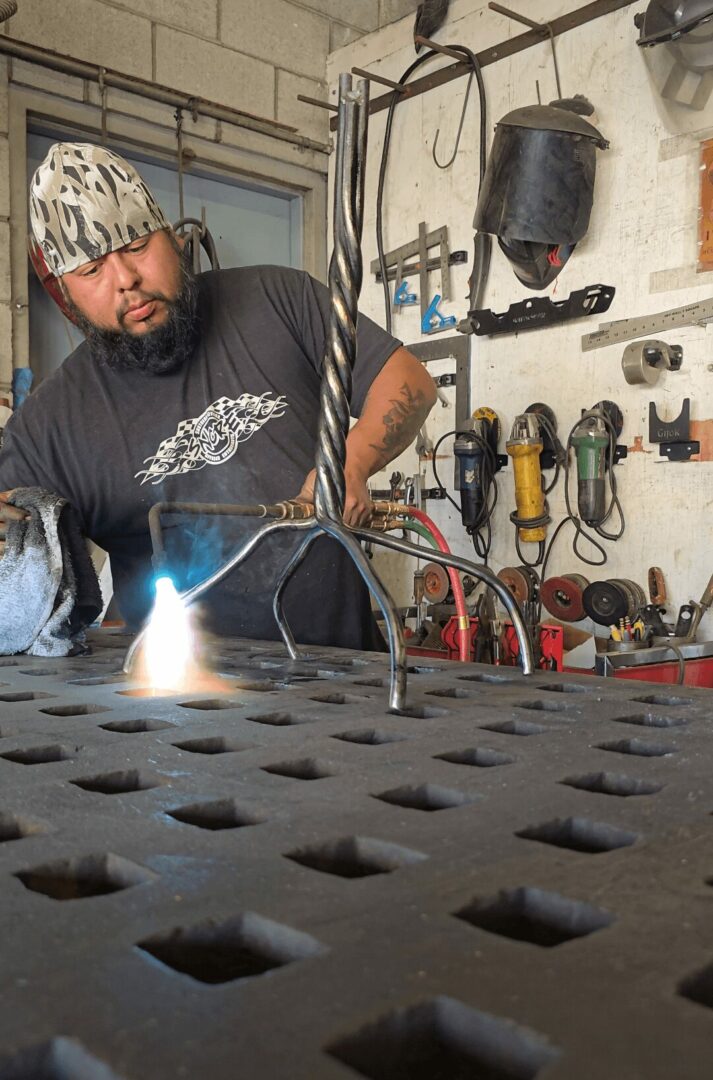
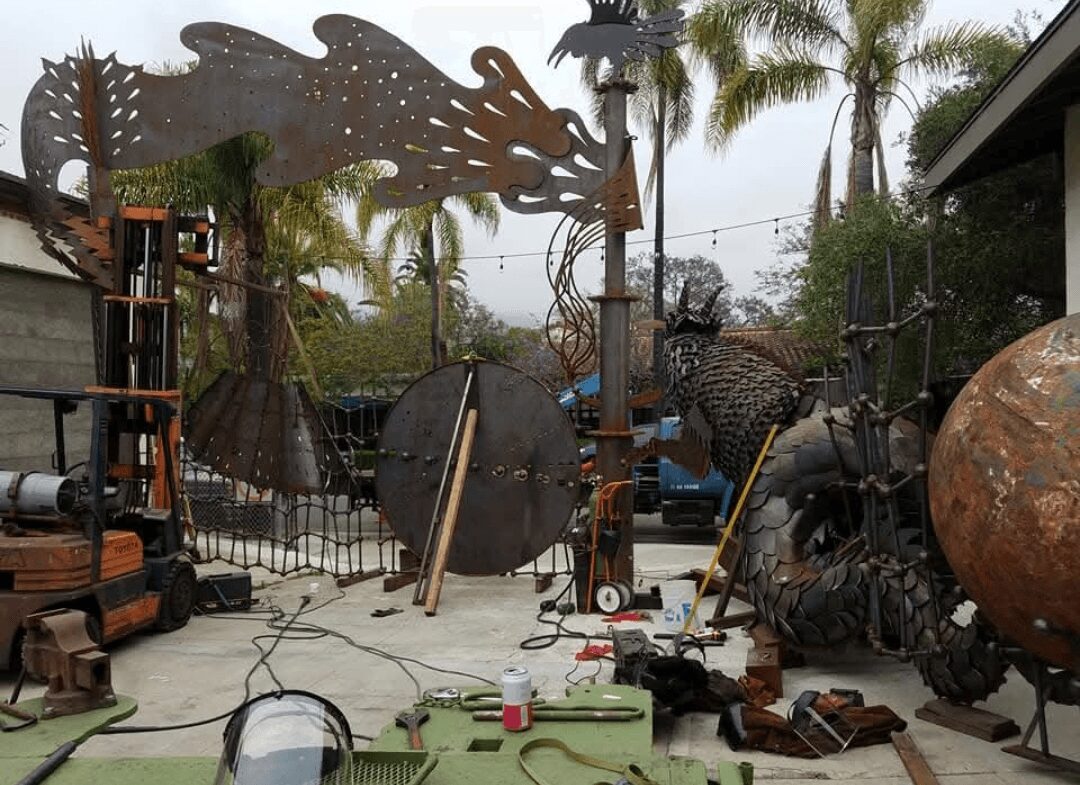
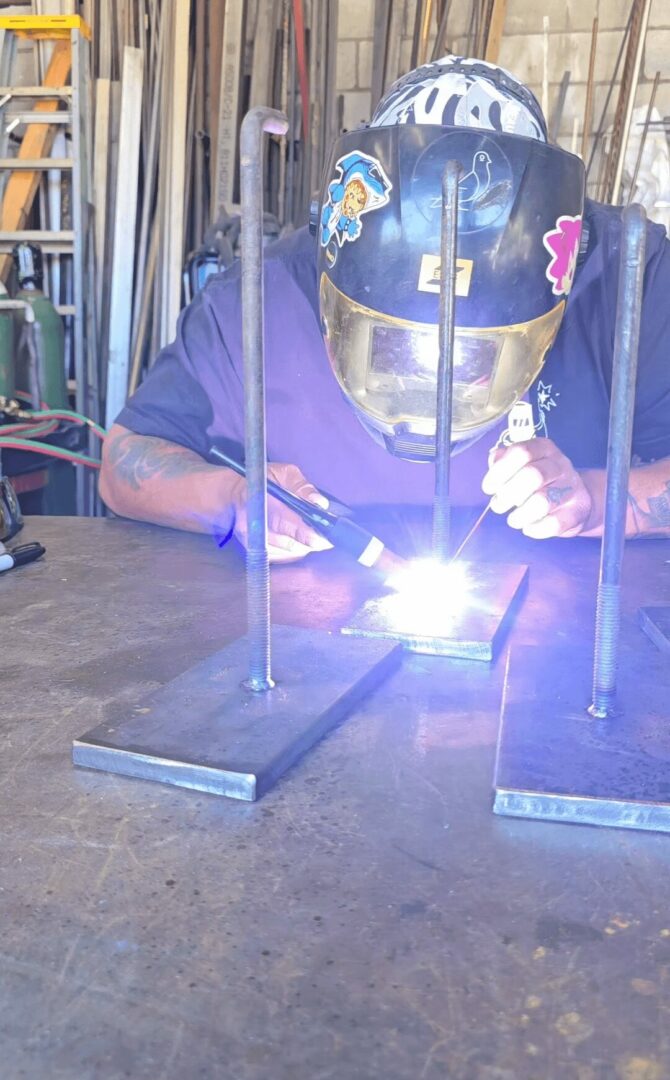
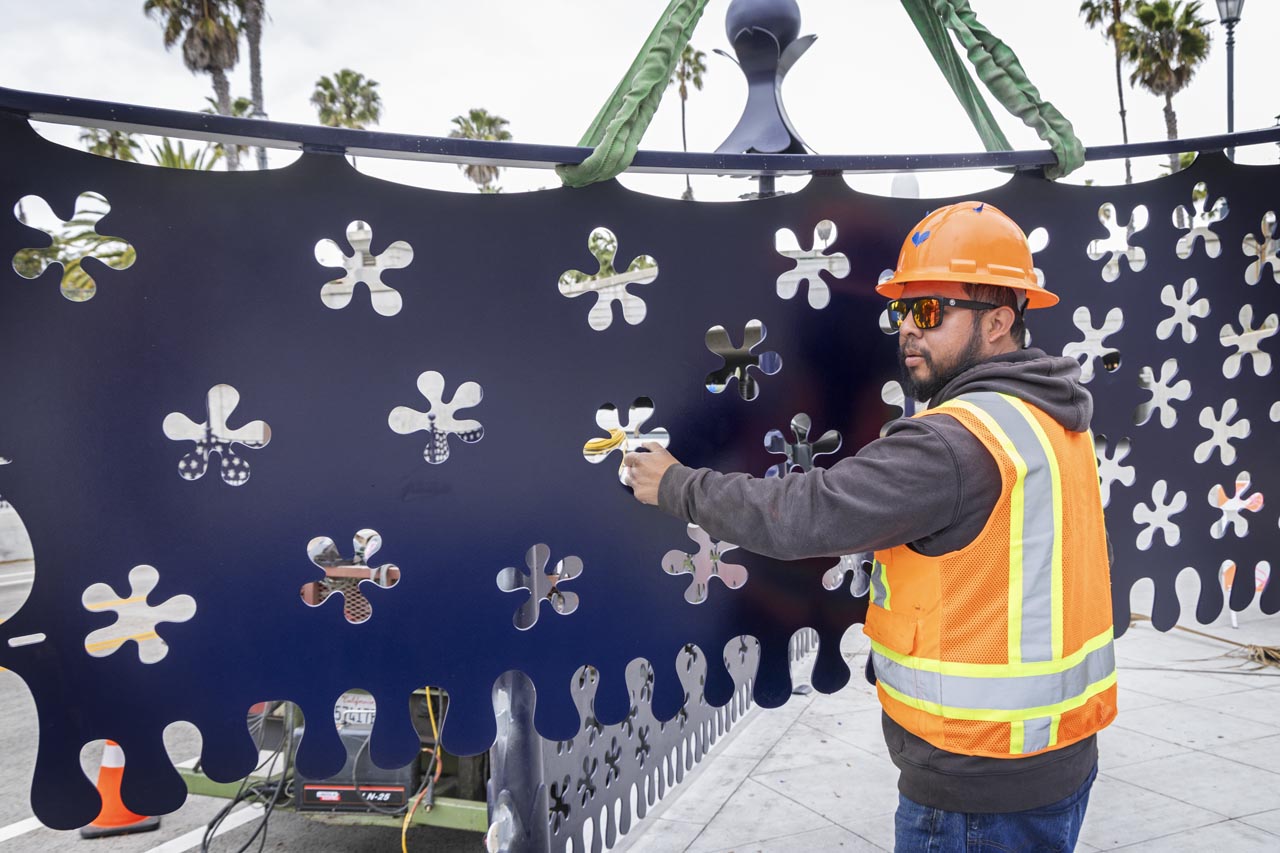
Image Credits
Macduff Everton Image 1 and 7
so if you or someone you know deserves recognition please let us know here.

